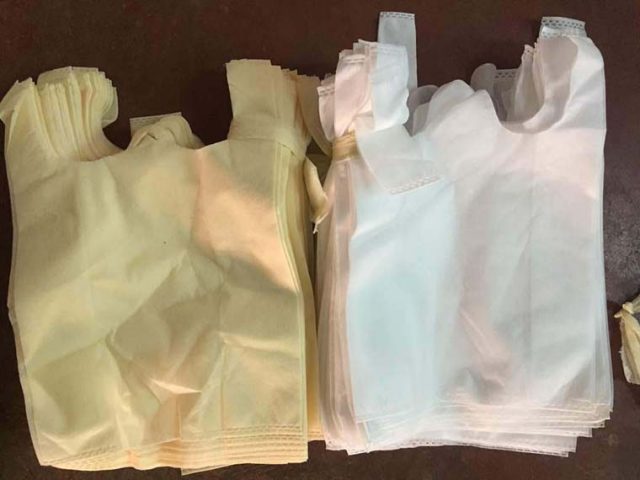
The rising need for non-woven polypropylene bags in the market, tempted its manufacturers to start producing poor quality bags that cannot be used multiple times, following the ban of plastic bags that was put in 2017.
The non-woven bags were introduced to the market as their ability to be reused and disposed safely as opposed to the conventional plastic carrier bags was in line with environmental conservation practises.
National Environment Management Authority (NEMA) Nema has expressed its concern regarding the substandard non-woven bags flooding the market that will harm the environment due to poor disposal practices as the mechanism to dispose of them safely has not been put in place.
“This single-usage of these bags will eventually lead to heavy environmental consequences due to poor disposal practices currently being experienced in the country and coupled with lack of requisite infrastructure to sustainably manage these bags,” read part of the newspaper advert.
NEMA has ordered the manufacture, importation, supply, distribution, and use of non-woven polypropylene bags to stop effective end of Marchand that Kenya Bureau of Standard informs the public on the standard quality for the non-woven bags
“The Authority directs that all manufacturers, importers, suppliers/ distributors and users of these non-woven polypropylene bags should stop further manufacture, importation, supply and use of these bags in the Kenyan market effective 31st March 2019 until the Kenya Bureau of Standards (KEBS) gazettes a standard that will inform the quality of non-woven bags needed in the Kenyan market,” the statement read in part.
The environmental body has urged manufacturers and suppliers to fully comply with the notice issued or otherwise face constitutional consequences.
“You are therefore advised to comply accordingly, failure to which the Authority will instigate Enforcement Action pursuant to the provisions of the Environmental Management and Coordination Act, Cap 387 of the Laws of Kenya,” read another part.


